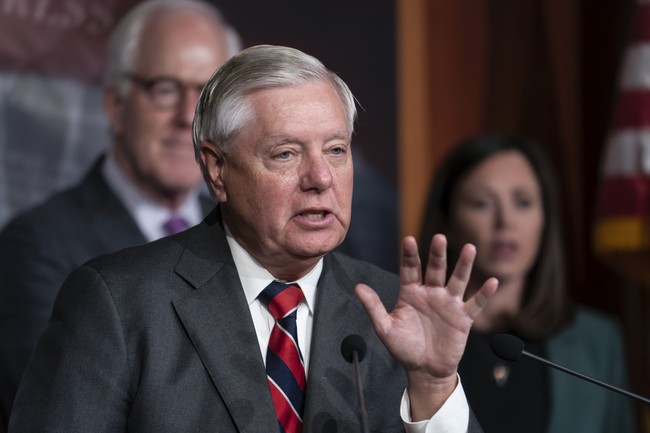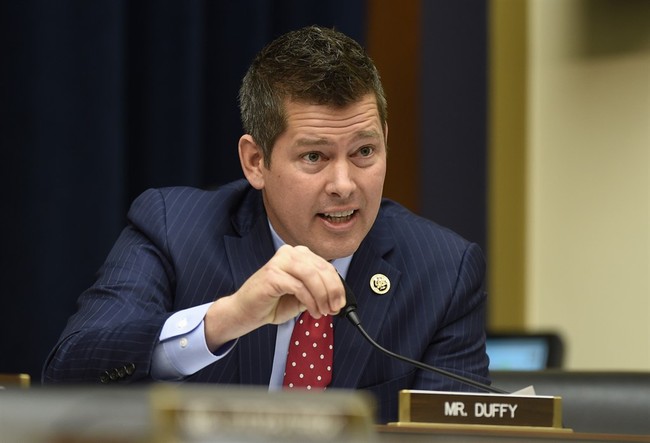China's Strategic Moves at the G20: Key Insights
Explore how China uses its influence at the G20 Summit to drive global poverty reduction, strategic partnerships, and enhanced economic cooperation.
Published November 21, 2024 - 00:11am

Image recovered from app.myzaker.com
President Xi Jinping's recent travels marked a significant milestone in China's diplomatic endeavors. As part of the 19th G20 Summit, held in Rio de Janeiro, Brazil, Xi's visit was tightly interwoven with discussions on global economic strategies and development goals. A highlight of this visit was the emphasis on deepening China-Brazil relations, strategically aligning with Brazil's developmental direction.
Xi Jinping arrived in Brazil following his participation in the G20 Summit. His arrival in Brasília was met with much anticipation and hospitality. This visit, marking his fourth to the Latin American country, was warmly received as Xi expressed hopes to enhance relations and collaborative synergy between the developmental strategies of China and Brazil.
Central to Xi's engagements at the G20 was China's role in global poverty reduction. In his address, he underscored the remarkable achievements of lifting nearly 800 million Chinese citizens out of extreme poverty, setting an early precedent for the 2030 UN Agenda for Sustainable Development. Xi's example positions China as a model for other developing nations, signaling a path forward on how collective development can work when underpinned by tailored policies and strategic investments.
Furthermore, Xi highlighted China's active collaboration with African nations in combating poverty through agricultural innovation and technology transfer. The country has implemented numerous projects that have contributed to agricultural productivity, including a novel rice strain in Kenya that confers higher yields, promising a significant stride toward food security and economic independence.
The G20 summit also saw Xi Jinping championing an economic model of shared prosperity, emphasizing that global governance should reflect multilateralism and shared responsibilities. China's influence has sought to bridge the gaps between nations of varying economic standings, fostering cooperative relations and mutual development. The aim is to establish a multipolar world that prioritizes inclusivity and fosters equality among nations.
One significant component addressed was the international infrastructure development that China promotes through South-South cooperation. China's initiative, such as elevating the South-South Cooperation Assistance Fund, mirrors its commitment to global inclusivity, enhancing connectivity and building robust frameworks facilitating economic growth and poverty alleviation.
Xi's sentiments resonated with the broader themes of the summit, advancing progressive agendas such as the digital economy and sustainable, green development as vital components of future prosperity. The Chinese leadership remains steadfast in holding multilateral dialogues to ensure that development is perceived as a collective endeavor that champions resilience, adaptability, and inclusivity across global spectrums.
The strategic alliances and commitments reiterated by Xi Jinping at this summit are a testament to China's enduring role as a key player in the geopolitical arena. It further emphasizes that while many challenges remain in achieving global development, collaborative efforts and strategic engagements can bridge divides and advance mutual goals.






